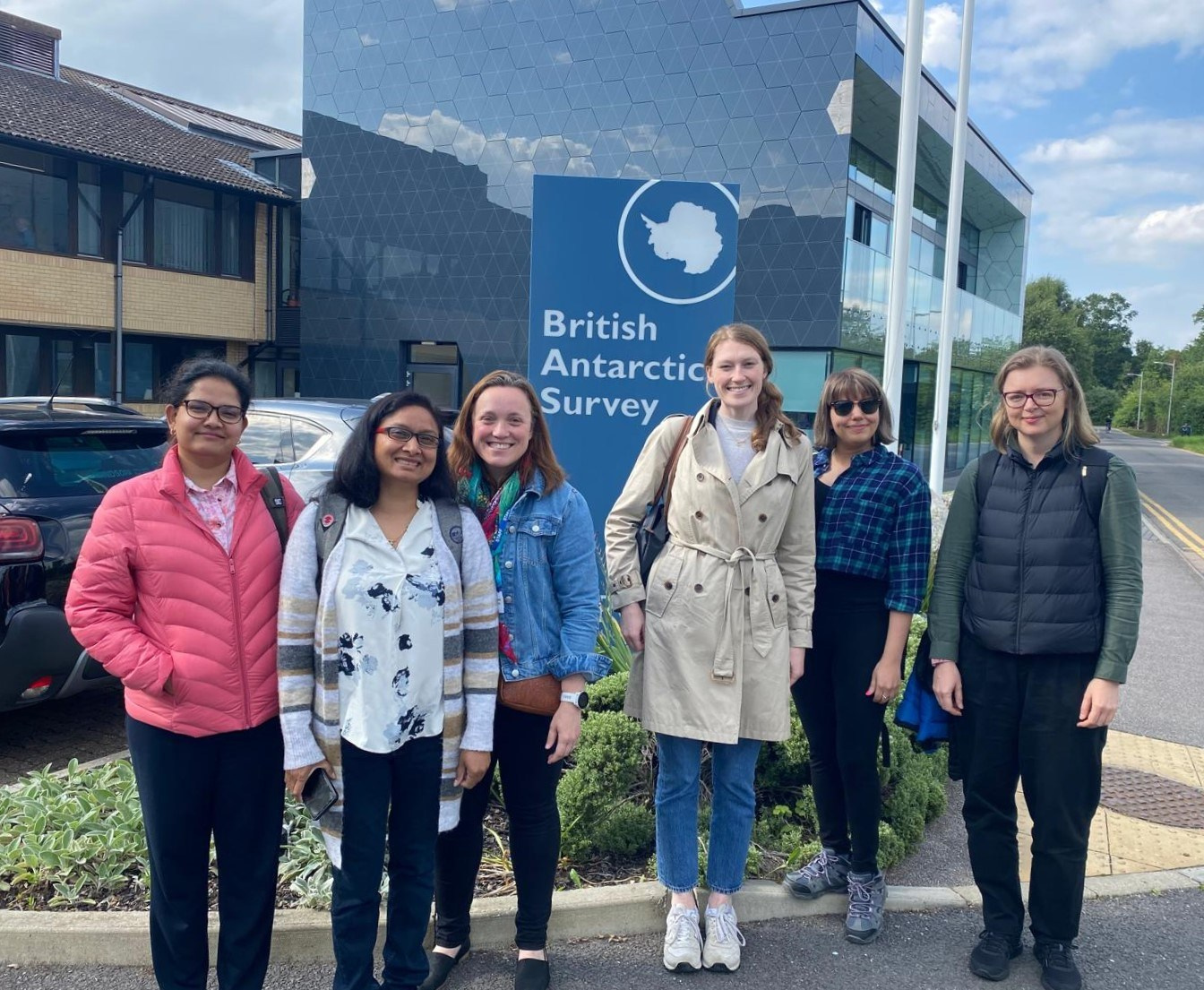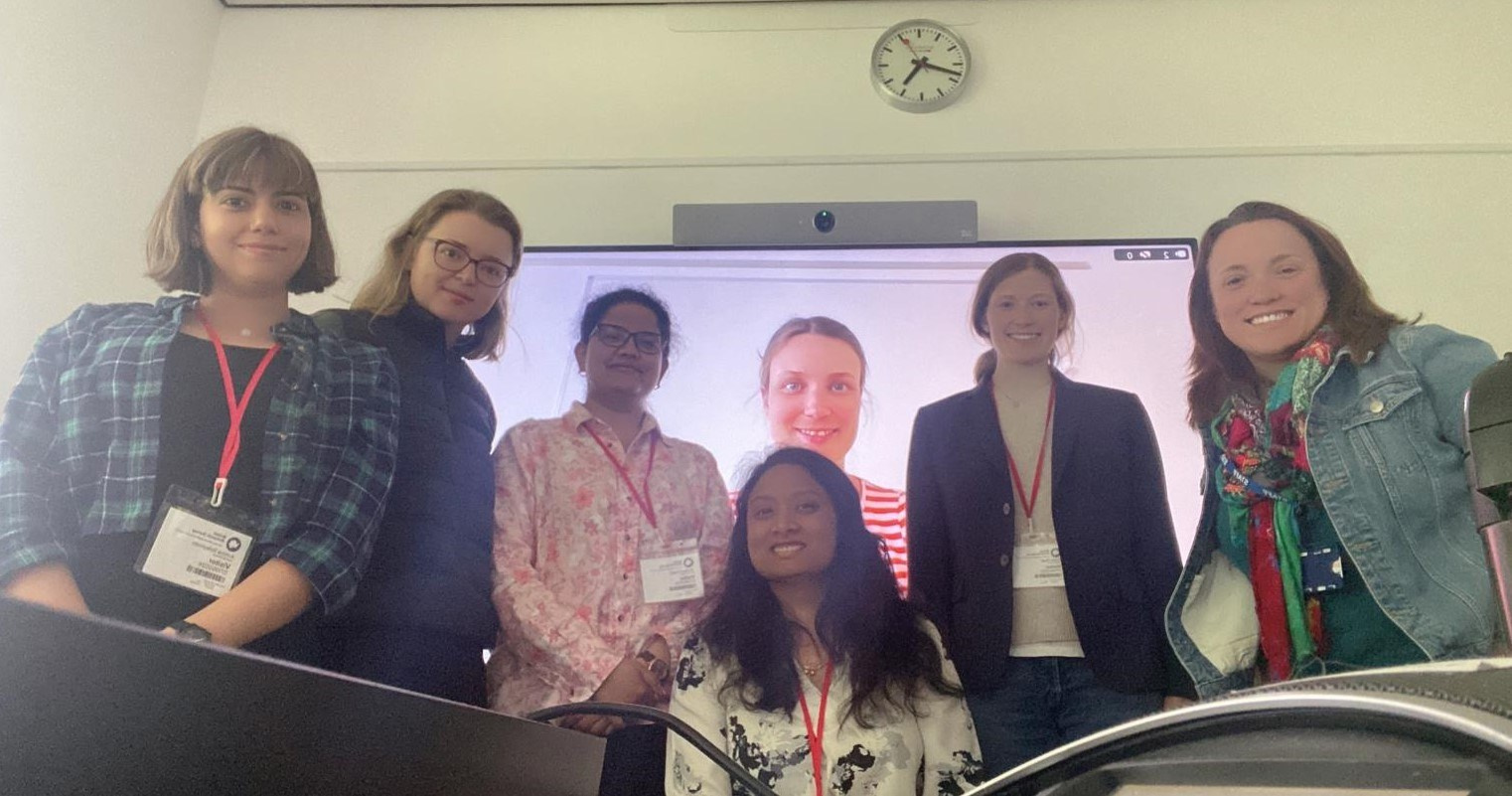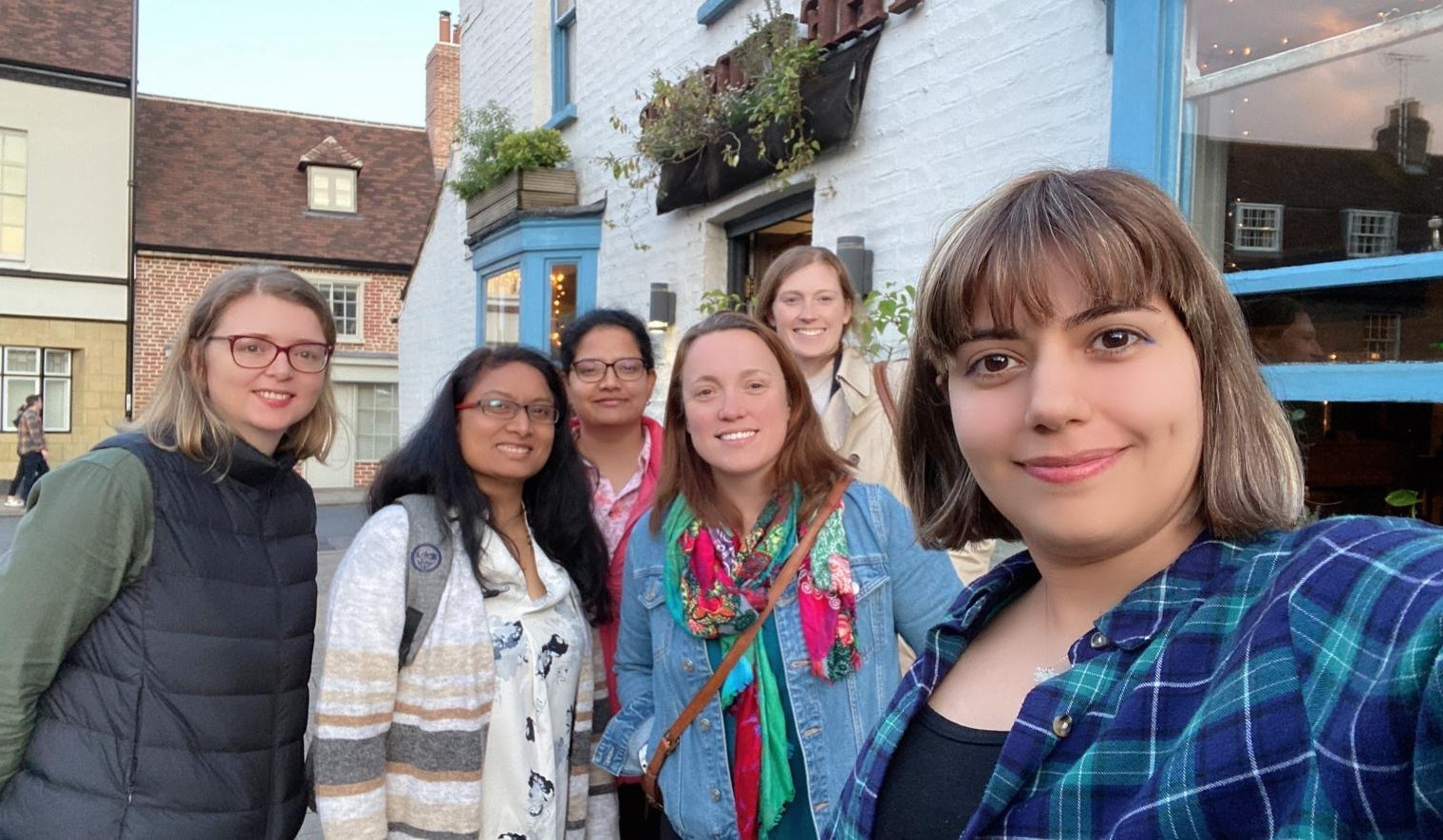


On June 5-7, 2024, Elena Adasheva participated in the IASC FOX workshop aimed at developing input for ICARP IV, held in Cambridge, UK:
The International Arctic Science Committee (IASC) is leading
the planning process for the Fourth International Conference on Arctic Research
Planning (ICARP IV), engaging Arctic researchers, policymakers, residents, and
global stakeholders to discuss the current state of Arctic science, identify
knowledge gaps and research priorities, and make recommendations for the coming
decade.
IASC FOX (Fellows’ Ongoing X-change) is a network for IASC
Fellows and alumni to maintain communication and collaboration with IASC and
each other.
Funded as one of the IASC Cross-Cutting Projects 2024, the
workshop was hosted at the British Antarctic Survey. The workshop aimed to
discuss and refine the research priorities of IASC FOX members and explore
their implementation across the different topic areas of ICARP IV.
The workshop brought together eight early and mid-career
Arctic researchers from diverse disciplines, including remote sensing and
social sciences:
In-person participants:
- Elena Adasheva-Klein, PhD Candidate in Sociocultural Anthropology, Yale University, USA
- Amanda Burson, PhD in Plankton Ecology, Pelagic Ecologist at the British Antarctic Survey, UK
- Archana Dayal, PhD in Geography, Postdoctoral Researcher at Aberystwyth University, UK,
- Neelu Singh, PhD in Marine Geochemistry, Researcher at Norwegian Polar Institute, Norway
- Armina Soleymani, PhD in Systems Design Engineering at University of Waterloo, Canada
- Greta Wells, PhD in Geography and the Environment, Postdoctoral Research Fellow, University of Iceland, Iceland
Online participants:
- Henrieka Detlef, PhD in Earth and Environmental Sciences, Assistant Professor, Aarhus University, Denmark
- Daniela Walch, PhD Candidate in Environmental Sciences at Université du Québec à Rimouski (UQAR), Canada
As the sole representative of the social sciences at the
workshop, my primary contribution was to advocate for the recognition and
inclusion of social sciences and humanities in Arctic research, where natural
sciences often take precedence in fieldwork opportunities and funding.
Additionally, I actively participated in the ideation process for Topic Area
6: Preparing present and future generations through Education, Outreach,
Communication, Capacity Building, and Networking. This involved
facilitating discussions, taking detailed notes on each participant’s
contributions to the topic, and organizing the data into a cohesive table that
highlighted gaps, challenges, and potential solutions. Finally, I collaborated
with my group members to draft written contributions based on the discussions
held within our respective groups.
This workshop provided a platform for me to engage in
collaborative discussions and exchange ideas with fellow researchers from
diverse backgrounds, disciplines, and career stages. By actively participating
in discussions and sharing perspectives, I practiced my skills in articulating
and contextualizing my research within the broader Arctic research agenda.
Additionally, the workshop facilitated opportunities for me to improve my
abilities in collaborative ideation and effective communication across
disciplines which are essential for interdisciplinary understanding and
collaboration in Arctic research.
Many thanks to IASC, FOX network, and organizers for the opportunity.
